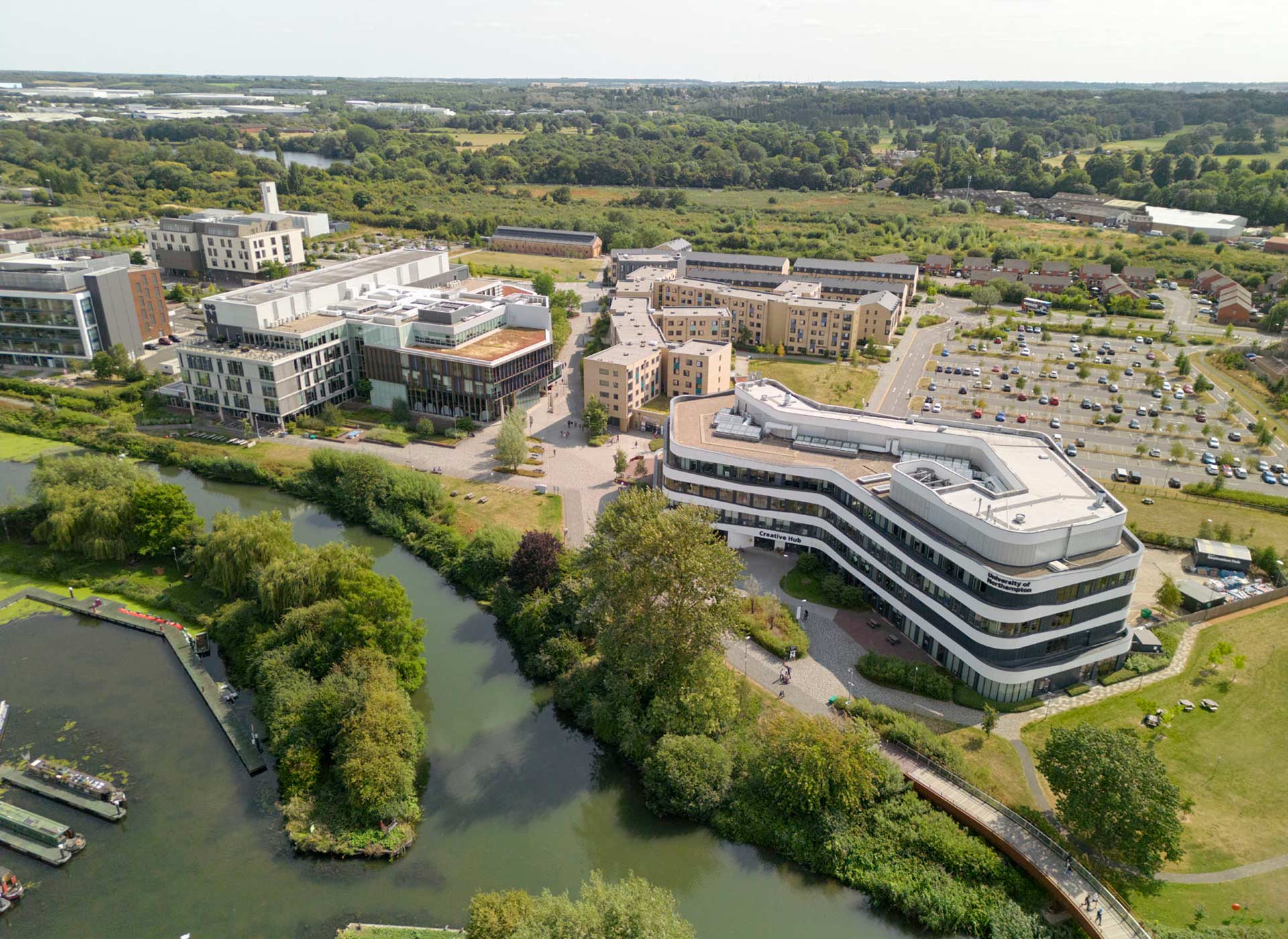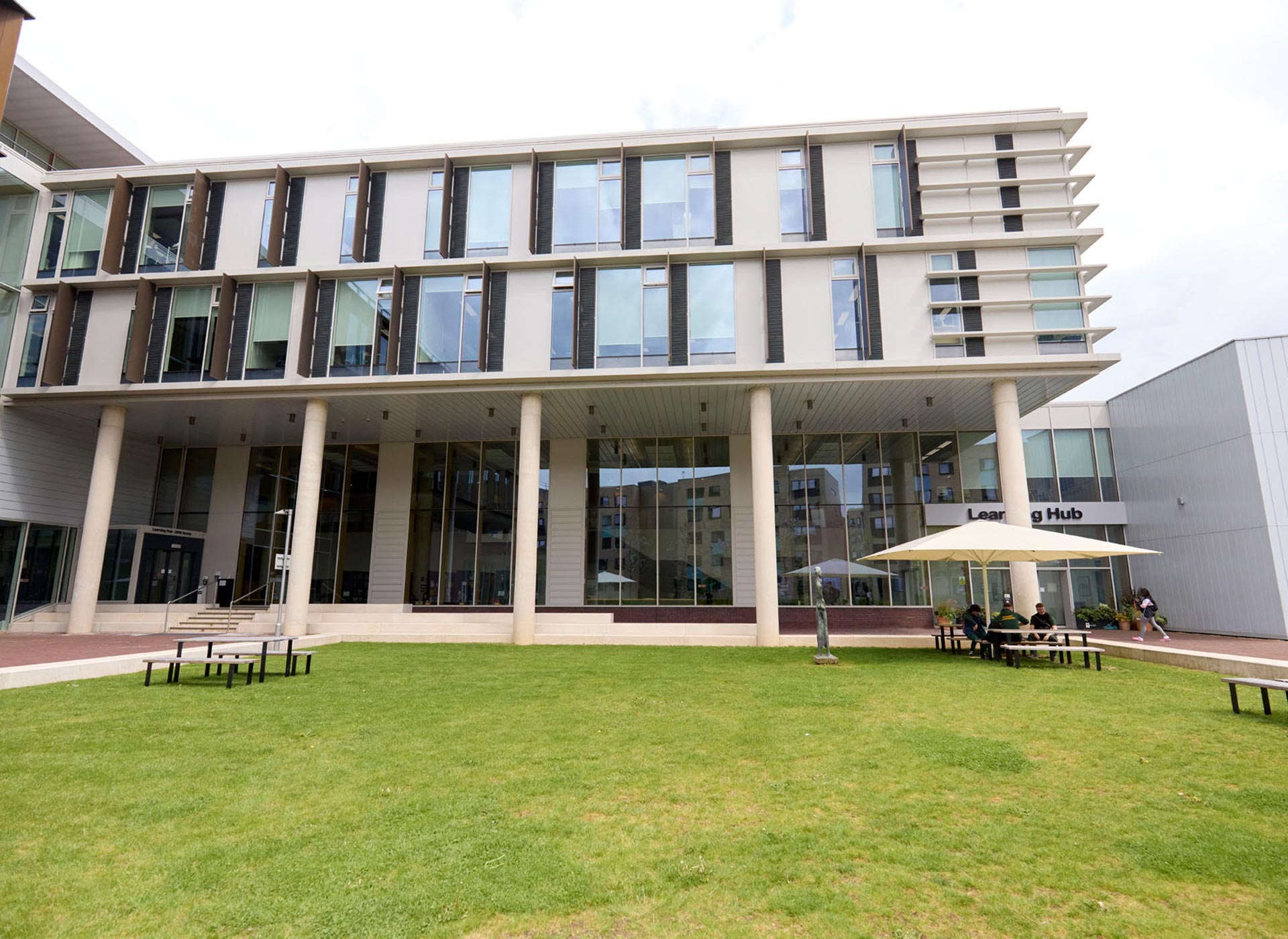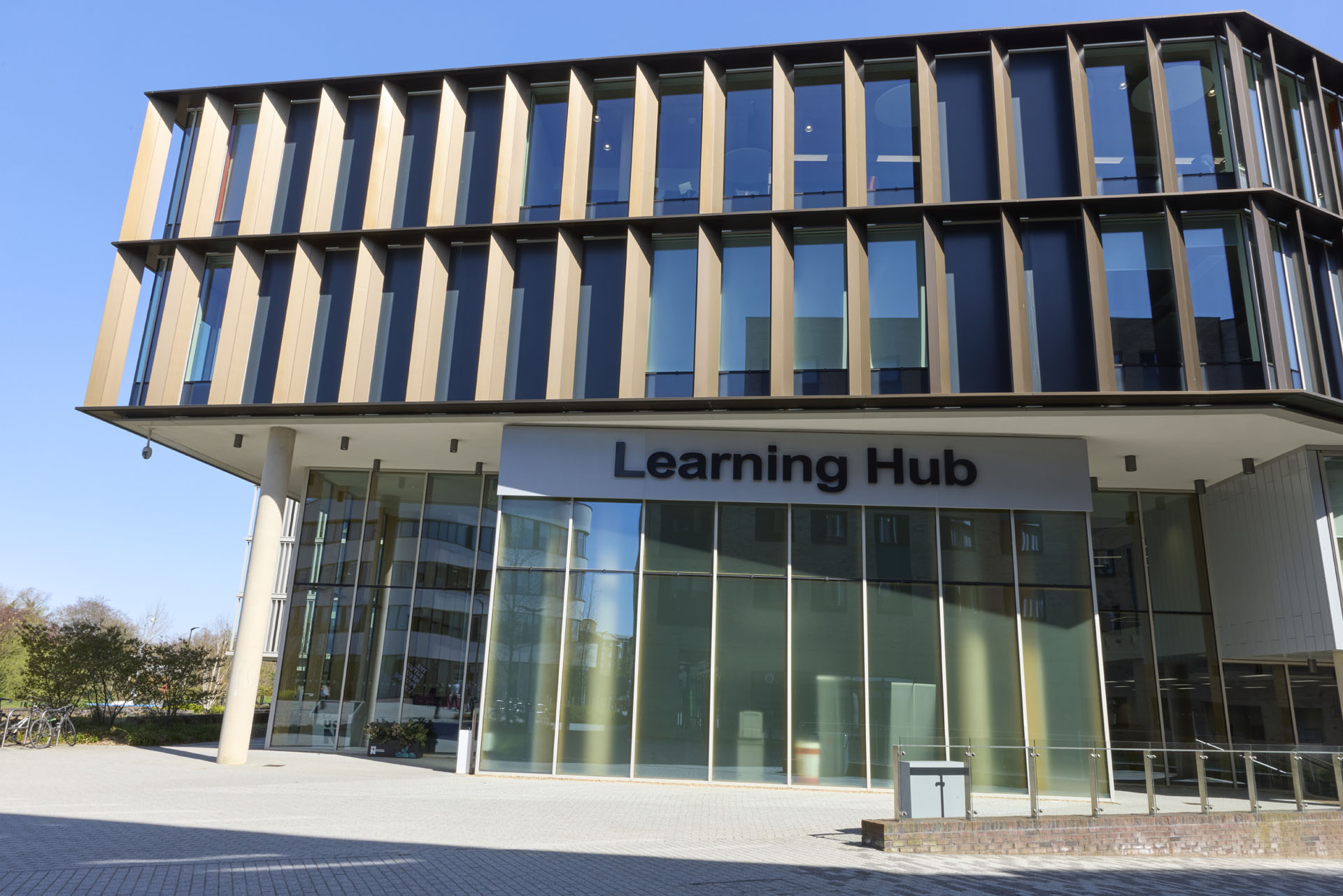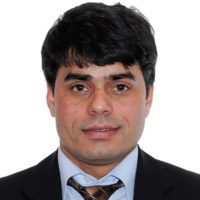Senior Lecturer in Public Health
Faculty of Health, Education and Society

Public Health MSc
Key Facts
-
Level
PostgraduatePG MSc
-
Duration
1 year Full-time
2-5 years Part-time
-
Starting
September, February
-
Full Time: £8,250
Part Time: £920 per 20 credit module -
Full Time: £16,995
-
Waterside
Updated 01/10/2024
Get in touch
For questions regarding study and admissions please contact us:
UK/EU STUDENTS ENQUIRIES
study@northampton.ac.uk
0300 303 2772
INTERNATIONAL STUDENTS ENQUIRIES
Overview
This course has been designed to provide you with an integrated, coherent and multidisciplinary approach to public health activity.
Our MSc Public Health places particular emphasis on advancing your critical awareness and problem solving skills in order to develop innovative, reflective and pro-active approaches to meeting challenging and complex health needs. Examples of our pro-active approach to teaching and learning include; the analysis of contemporary non-communicable health issues such as obesity, diabetes and mental health, as well as those linked with public protection such as infectious disease surveillance and control.
For more information about the public health course, please contact our MSc Public Health teaching team by email: publichealth@northampton.ac.uk
Highlights
- Voluntary Placement module available on the masters in Public Health.
- Flexible modules for part-time study.
- Pro-active approach to teaching and learning.
Entry Requirements
Applicants will normally hold a recognised First- or Second-class Honours degree in a subject area that demonstrates applicability to public health practice including:
- Dentistry, pharmacy, biology, medicine, public health, nursing, environmental health, biomedical health/science, podiatry, occupational therapy, physiotherapy, psychology, microbiology, biochemistry.
- Homeopathic Medicine (including degrees in Ayurvedic Medicine and Surgery) are acceptable.
- Degrees in Zoology and most medical/health background undergraduate degrees are acceptable. This includes degrees such as BSc Profusion Technology and BSc Radiology.
Applications listing degrees not shown above may be referred to the course tutor to assess suitability for the programme. We will need to see:
- Degree transcripts with exact modules studied.
- Evidence of experience in public health (if applicable).
- References for suitability.
Course Content
Fees and Funding
2024/25 Tuition Fees
Fees quoted for the masters degree in public health relate to study in the Academic Year 24/25 only and may be subject to inflationary increases in future years.
- UK – Full Time: £8,250
- UK – Part Time: £920 per 20 Credit Module
- International – Full Time: £16,995
Staff
Careers and Employability
Public Health is a growing field of study, therefore there is an abundance of job opportunities to suit a variety of interests and skills. A Master’s degree will help your career advancement within a variety of organisations and professions such as health and social care, local authority, and voluntary organisations.
Our Public Health students develop excellent communication and analytical skills and have entered a diverse range of jobs, such as working as Vaccine Logistic Experts for UNICEF, Medical Consultants with the WHO, Governmental Public Health Researchers and Infection Control Practitioners.
Public Health is a broad field with a range of career opportunities in the following sectors: public policy, epidemiology, global health, public health education, lifestyle programmes, immunisation and screening programmes. Other career opportunities include public health analyst and public health programme manager.
Graduates can also enter further study and progress on to a postgraduate research (MPhil/PhD) study in public health and to pursue a career in academia and research.




















